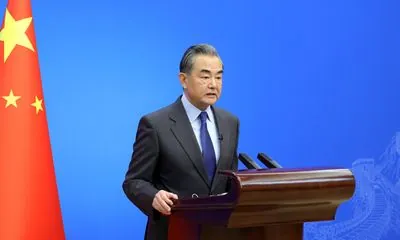Luxembourg
Luxembourg, officially the Grand Duchy of Luxembourg, is a small landlocked country in Western Europe. It is bordered by Belgium to the west and north, Germany to the east, and France to the south. Its capital and most populous city, Luxembourg City, is one of the four institutional seats of the European Union and the seat of several EU institutions, notably the Court of Justice of the European Union, the highest judicial authority. Luxembourg's culture, people, and languages are greatly influenced by France and Germany; for example, Luxembourgish, a Germanic language, is the only national language of the Luxembourgish people and of the Grand Duchy of Luxembourg, French is the only language for legislation, and all three – Luxembourgish, German and French – are used for administrative matters in the country.

Some of the key events about Luxembourg
- 963The first documented mention of Luxembourg City occurred, marking the beginning of its recorded history
- 1354Luxembourg was elevated from a county to a duchy, increasing its status and importance
- 1443A devastating fire destroyed much of Luxembourg City
- 1684French forces besieged and captured Luxembourg City during the War of the Reunions
- 1794Luxembourg was conquered by French revolutionary troops, ending centuries of independence
- 1815The Grand Duchy of Luxembourg was established at the Congress of Vienna
- 1815The Congress of Vienna reduced Luxembourg's territory by more than half
- 1839Luxembourg gained full independence through the Treaty of London
- 1867The Second Treaty of London affirmed Luxembourg's neutrality and independence
- 1867Luxembourg's neutrality was violated during the Luxembourg Crisis, threatening European stability
- 1914German forces invaded and occupied Luxembourg during World War I, despite its neutrality
- 1921Luxembourg entered into an economic union with Belgium, known as the Belgium–Luxembourg Economic Union
- 1940Nazi Germany invaded and occupied Luxembourg during World War II
- 1944Luxembourg was liberated from Nazi occupation during World War II
- 1944The Battle of the Bulge caused significant destruction in northern Luxembourg
- 1952Luxembourg became a founding member of the European Coal and Steel Community, a precursor to the European Union
- 1985The Schueberfouer, Luxembourg's traditional fair, was canceled due to a foot-and-mouth disease outbreak
- 2002The euro was adopted as Luxembourg's official currency, replacing the Luxembourg franc
- 2008Luxembourg's economy was severely impacted by the global financial crisis
- 2013Luxembourg legalized same-sex marriage, becoming one of the first countries in Europe to do so
Disclaimer: This material is written based on information taken from open sources, including Wikipedia, news media, podcasts, and other public sources.































